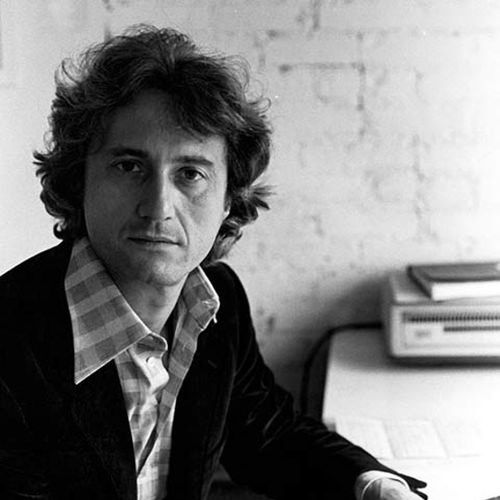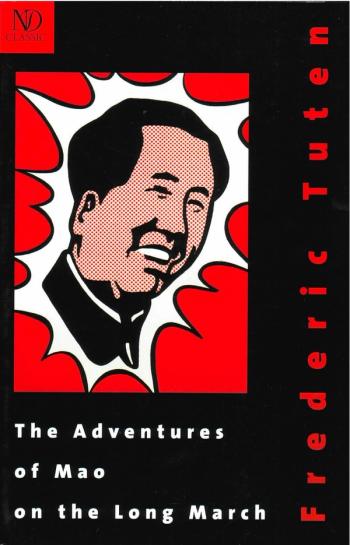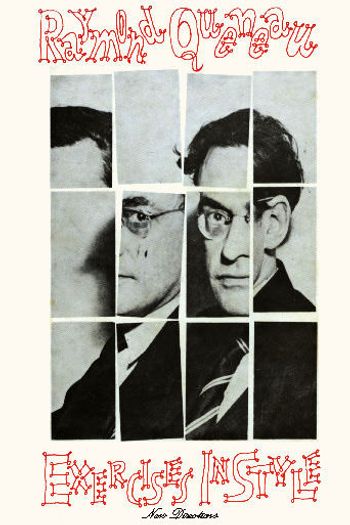As author
As contributor
Frederic Tuten
Frederic Tuten (b. 1935) and grew up in the Bronx, studied pre-Columbian art in Mexico, and lived for years in Brazil, Paris, Italy, and Berlin. He has been an essayist, news correspondent, and film reviewer for the New York Times, Vogue, Artforum, and Art in America. The author of five novels, his work has been admired by Susan Sontag, John Updike, Jonathan Coe, Richard Howard, Iris Murdoch, Harry Mathews, Julián Ríos, and even the great literary gamester Raymond Queneau. For fifteen years Tuten directed the Graduate Programme in Literature, Creative Writing, at the City College of New York, where he continues to give seminars in fiction writing. He has mentored some of America’s most impressive creative writers, including Oscar Hijuelos and Walter Mosley. Tuten is a Guggenheim Fellow in Creative Writing and was awarded the prestigious DAAD fellowship. He lives in New York.


